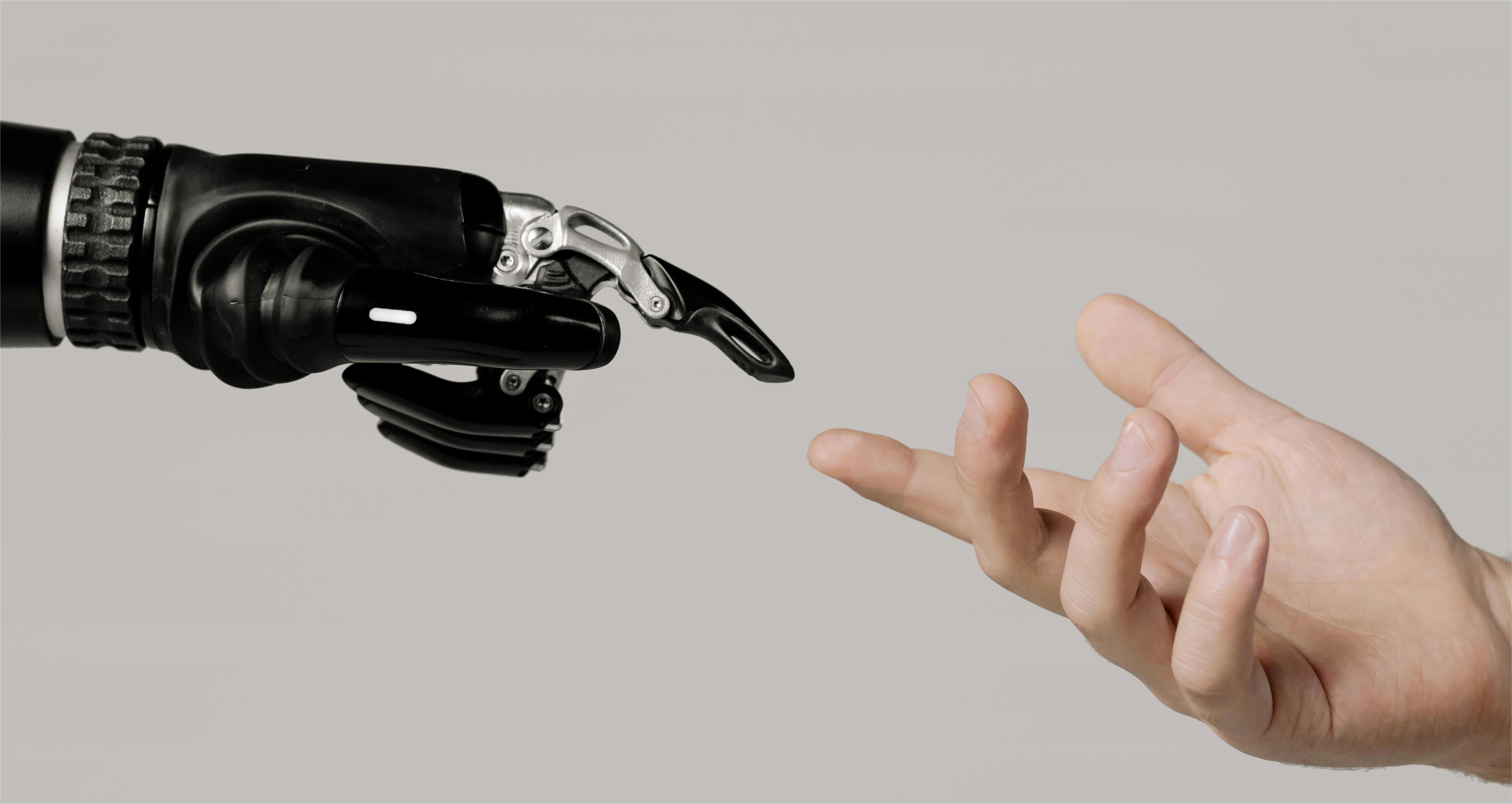


How Technology and Hospitality Are Shaping the Future of Hotels
Introduction
The intersection of technology and hospitality is redefining how hotels operate, compete, and delight guests. From AI-powered revenue management to contactless guest experiences, technology is no longer a luxury—it's a necessity for hotel owners, operators, and management companies aiming to maximize revenue, streamline operations, and exceed guest expectations.
The Digital Transformation of Hospitality
1. Smart Operations: Efficiency Meets Experience
- Property Management Systems (PMS): Modern PMS platforms integrate reservations, housekeeping, billing, and guest profiles, enabling seamless operations and real-time decision-making.
- Automation & AI: AI-driven tools automate repetitive tasks, from dynamic pricing to guest communications, freeing staff to focus on high-value, personalized service.
- IoT & Smart Rooms: Internet of Things (IoT) devices control lighting, temperature, and entertainment, creating energy-efficient, customizable environments for guests.
2. Enhancing Guest Experience
- Contactless Check-In/Out: Mobile apps and digital keys allow guests to bypass the front desk, reducing wait times and improving satisfaction.
- Personalization: Data analytics and AI tailor recommendations, amenities, and offers to individual guest preferences, driving loyalty and repeat business.
- Guest Messaging: Platforms like WhatsApp and in-app chat keep communication open, enabling instant service requests and feedback.
3. Revenue Optimization Through Technology
- Revenue Management Systems (RMS): AI-powered RMS analyze market trends, competitor pricing, and booking patterns to optimize rates and maximize RevPAR (Revenue per Available Room).
- Direct Booking Engines: Integrated booking platforms reduce OTA commissions and foster direct relationships with guests.
- Channel Management: Automated distribution tools ensure real-time inventory updates across all sales channels, minimizing overbookings and maximizing exposure.
Key Trends in Technology and Hospitality for 2025
Trend Impact on Hotels:
AI & Machine Learning Real-time pricing, predictive analytics, and personalized guest journeys
Contactless Technologies Mobile check-in, digital keys, and touchless payments for safer, faster service
Robotic Process Automation Automated housekeeping, F&B delivery, and maintenance for operational efficiency
IoT & Smart Devices Energy savings, guest comfort, and operational insights
Data-Driven Personalization Tailored offers, upselling, and loyalty programs based on guest data
Reputation Management Tools Automated review monitoring and response to protect and enhance brand image
Best Practices for Adopting Technology in Hospitality
- Invest in Scalable Solutions: Choose cloud-based systems that grow with your business and integrate easily with other platforms.
- Prioritize Data Security: Protect guest data with robust cybersecurity measures and compliance protocols.
- Train and Empower Staff: Continuous training ensures your team leverages technology to enhance—not replace—the human touch.
- Monitor ROI: Regularly assess the impact of new technologies on revenue, guest satisfaction, and operational efficiency.
Overcoming Challenges
While the benefits are clear, hotels must address:
- Upfront Investment: Technology requires capital, but the long-term gains in efficiency and revenue often outweigh initial costs.
- Change Management: Successful adoption hinges on staff buy-in and ongoing support.
- Data Privacy: With more guest data comes greater responsibility for security and compliance.
The Competitive Edge: Why Technology Matters Now
Hotels that embrace technology are better positioned to:
- Increase direct bookings and reduce OTA dependency
- Deliver memorable, personalized guest experiences
- Optimize revenue and profitability in real time
- Adapt quickly to market shifts and guest expectations


